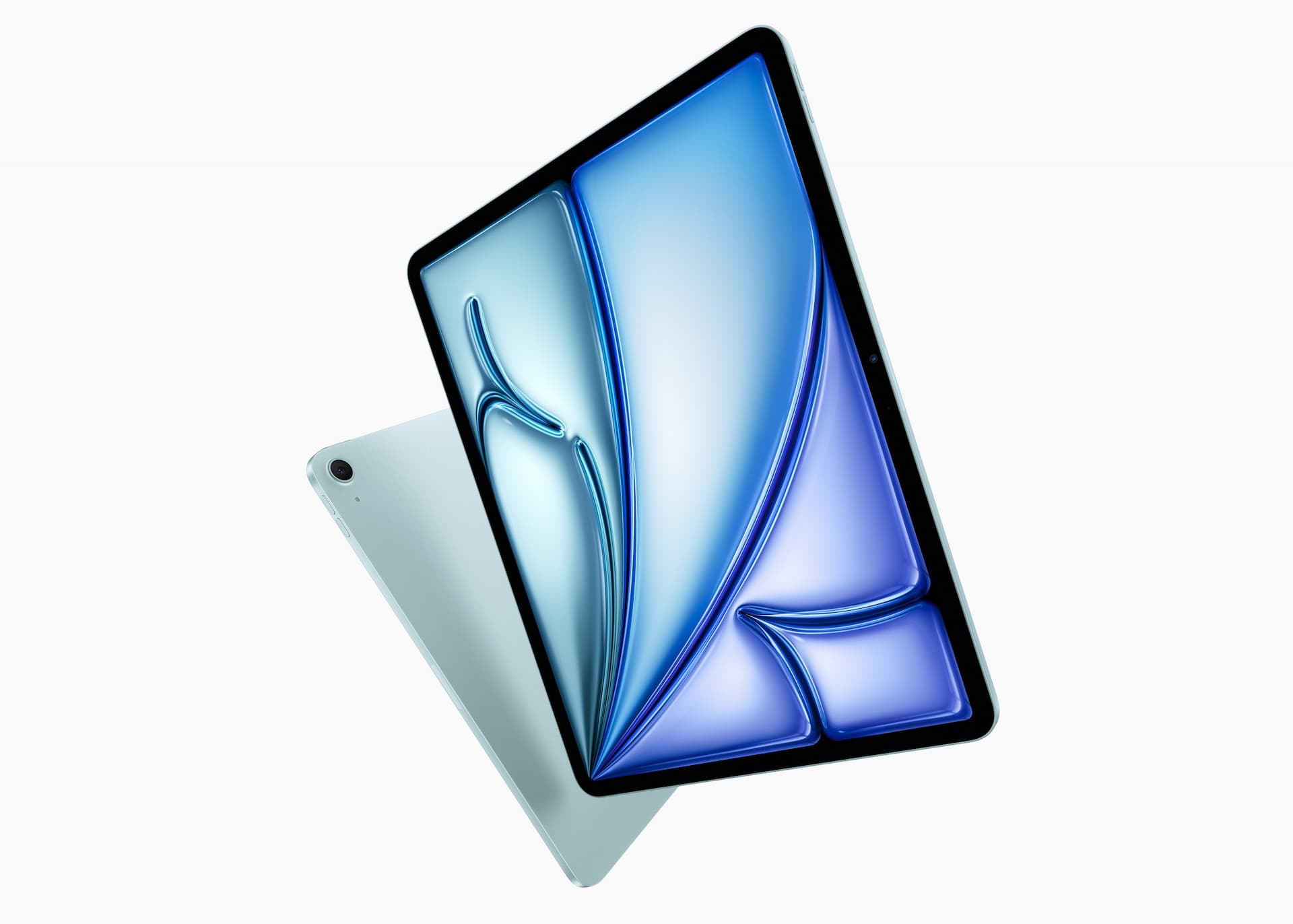New M4 iPad Pro & M2 iPad Air Are eSIM-Only, Ditching SIM Slots
New iPad Pro and iPad Air Go All-In on eSIM, Removing Physical SIM Slots.

The news is out. The eSIM era is officially upon us.
Apple's newly announced iPad Pro and iPad Air (2024 models) with cellular connectivity have abandoned physical SIM card slots, finally, making them exclusively compatible with eSIM technology.
The absence of a SIM card slot means there is no place to insert a physical SIM card (obviously!), therefore traditional SIM cards are unusable on these devices.
While the U.S. models of the iPhone 14 series and above are already eSIM-only, iPhones sold in other regions still have SIM card slots as of this writing. However, the new iPad Pro and iPad Air models are eSIM-only across all regions, probably except mainland China.
Here's an excerpt from the tech specs of the new M4 iPad Pro on Apple website, clearly stating its eSIM-only:

iPad Pro uses eSIM technology and is not compatible with physical SIM cards.
The same eSIM-only specification applies to the new M2-powered iPad Air as well.

To summarize:
- iPhones 👉 The U.S. models of some of the iPhone 14 & 15 series are already eSIM-only.
- iPad Wi-Fi + Cellular models 👉 Starting with 2024 models, all cellular iPads are eSIM-only (probably except for the mainland China version).
It's likely just a matter of time for non-U.S. iPhones to follow suit and transition to eSIM-only. This could happen as early as the upcoming iPhone 16 series (or perhaps certain models of the series) expected in Fall 2024, or at the latest with the iPhone 17 series launching in 2025.
eSIM technology offers several advantages over traditional SIM cards, but in the case of the slim iPad Pro, space constraints (especially in terms of thickness) may have played a significant role. Removing the SIM card slot could have been necessary to achieve this level of thinness while maintaining the required durability as a tablet device.
Additionally, Apple has consistently emphasized the security advantages of eSIM technology for quite some time.
Here's an excerpt from Apple's official press release for the new iPad Pro:
Cellular models of the new iPad Pro are activated with eSIM, a more secure alternative to a physical SIM card, allowing users to quickly connect and transfer their existing plans digitally, and store multiple cellular plans on a single device. Customers can easily get connected to wireless data plans on the new iPad Pro in over 190 countries and regions around the world without needing to get a physical SIM card from a local carrier.
According to Apple's press release, the key advantages of eSIM highlighted are:
- More secure than physical SIM cards
- Faster activation and plan transfer
- Ability to store multiple cellular plans on a single device
Regarding the last point about storing multiple cellular plans, eSIM technology, unlike physical SIM slots, allows users to store more than two eSIMs (currently up to around 8) on a device. This enables use cases like having separate personal and work eSIMs (dual eSIM), as well as easily adding a prepaid eSIM while traveling abroad.
With its various advantages over physical SIM cards, it's no surprise that Apple is spearheading the adoption of eSIM technology, now extending beyond smartphones (iPhones) to tablets (iPads) and across regions other than just the U.S.
Also, other major smartphone manufacturers like Samsung and Google (Pixel) are following suit, with nearly all flagship smartphones released in the last 4 or 5 years supporting eSIM technology.
Whether you're an early eSIM adopter or still clinging to your trusty physical SIM, one thing's clear - eSIMs are shaping up to be the new normal for staying connected.


